Nuclear weapons: Overdue debate on long-term impact begins - Conference in Nayarit, Mexico
13-02-2014 …
After nearly half a century of conflict, the villagers living on the banks of the Rio Caguan in southern Colombia are cut off from basic health care. Diseases which should be minor rapidly become …
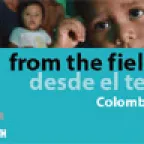
On 7 February 2014, the ICRC completed its 100th visit to the United States detention facility at Guantanamo Bay Cuba, where its delegates have been monitoring the detainees' living conditions since …
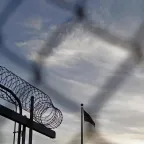
The biannual advanced training course in international humanitarian law for university professors took place at the Humanitarium, the ICRC’s new conference and visitors' centre in Geneva, from 4-7 …
The meeting covered conditions of detention and protection for especially vulnerable groups of detainees. This first in-depth meeting examined relevant protections drawn from a variety of …
During the India-Pakistan conflict in 1965, the ICRC was recognized as a neutral intermediary, which allowed its delegates to visit prisoners of war and civilian detainees, assist in repatriation and …
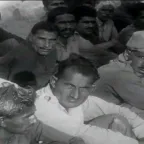
On a visit to New Delhi, the ICRC director-general discusses the strategic partnership between his organization and the Indian Red Cross Society and outlines the humanitarian services the ICRC has …
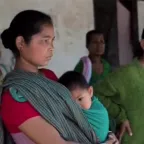
Policy documents ensure that the ICRC is consistent over time and that we are predictable and credible in our work. These documents, adopted by the ICRC Assembly , take into account the external …
In Somalia, decades of conflict and natural calamities have frustrated the normal coping strategies of its otherwise resilient population. To mitigate the impact of recurrent shocks to Somali …
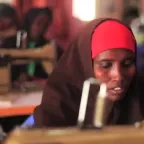
The Geneva Conventions and their Additional Protocols are international treaties that contain the most important rules limiting the barbarity of war. They protect people who do not take part in the …
Try one of the following resources:
Created in 1863, the ICRC library, alongside the ICRC archives, provides an indispensable documentary reference on the organization itself and international humanitarian law.
International humanitarian law is based on a number of treaties, in particular the Geneva Conventions of 1949 and their Additional Protocols, and a series of other instruments.
Customary international humanitarian law consists of rules that come from "a general practice accepted as law" and that exist independent of treaty law.